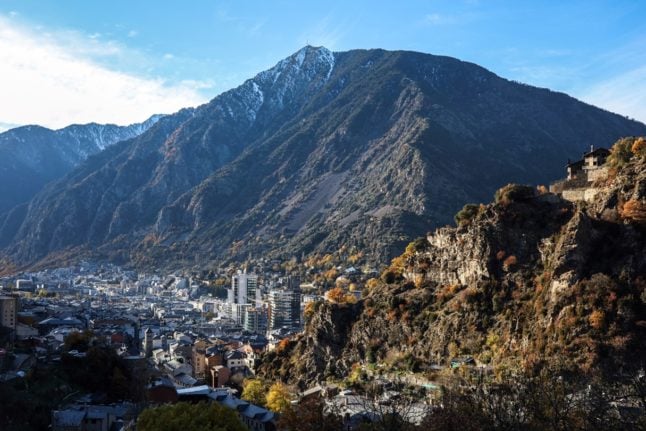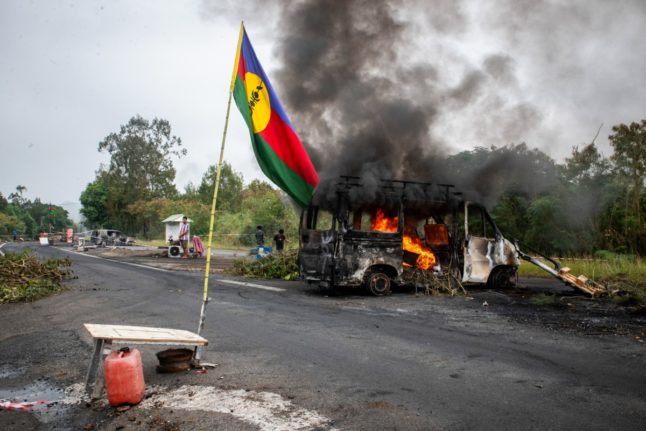This week, Andorra passed a law setting a minimum Catalan language requirement for foreign residents.
It’s not often the tiny, independent principality in the mountains makes the news – other than, perhaps, when its national football team loses (again) to a rather larger rival in international qualifying competitions.
The national side are due to play Spain in early June, as part of the larger nation’s warm-up for the Euro 2024 tournament in Germany. Here, then, in case you’re watching that match, at Estadio Nuevo Vivero, are a few facts about Andorra that you can astound your fellow football fans with…
Size matters
Small though it is – it has an area of just 468 square kilometres, a little more than half the size of the greater Paris area – there are five smaller states in Europe, 15 smaller countries in the world by area, and 10 smaller by population.
People
Its population in 2023 was 81,588. That’s fewer people than the city of Pau, in southwest France (which is itself the 65th largest town in France, by population).
High-living
The principality’s capital, Andorra la Vella (population c20,000 – about the same population as Dax) is the highest capital city in Europe, at an elevation of 1,023 metres above sea level.
Spoken words
The official language – and the one you’ll need for a residency permit – is Catalan. But visitors will find Spanish, Portuguese and French are also commonly spoken, and a fair few people will speak some English, too.
Sport
We’ve already mentioned the football. But Andorra’s main claim to sporting fame is as a renowned winter sports venue. With about 350km of ski runs, across 3,100 hectares of mountainous terrain, it boasts the largest ski area in the Pyrenees.
Economic model
Tourism, the mainstay of the economy, accounts for roughly 80 percent of Andorra’s GDP. More than 10 million tourists visit every year.
It also has no sales tax on most items – which is why you’ll often find a queue at the French border as locals pop into the principality to buy things like alcohol, cigarettes and (bizarrely) washing powder, which are significantly cheaper.
Head of state
Andorra has two heads of state, because history. It’s believed the principality was created by Charlemagne (c748 – 814CE), and was ruled by the count of Urgell up to 988CE, when it was handed over to the Roman Catholic Diocese of Urgell. The principality, as we know it today, was formed by a treaty between the bishop of Urgell and the count of Foix in 1278.
Today, the state is jointly ruled by two co-princes: the bishop of Urgell in Catalonia, Spain and … the president of France, who (despite the French aversion to monarchy and nobility) has the title Prince of Andorra, following the transfer of the count of Foix’s claims to the Crown of France and, subsequently, to the head of state of the French Republic.
Military, of sorts
Andorra does have a small, mostly ceremonial army. But all able-bodied Andorran men aged between 21 and 60 are obliged to respond to emergency situations, including natural disasters.
Legally, a rifle should be kept and maintained in every Andorran household – though the same law also states that the police will supply a firearm if one is required.



 Please whitelist us to continue reading.
Please whitelist us to continue reading.
Member comments